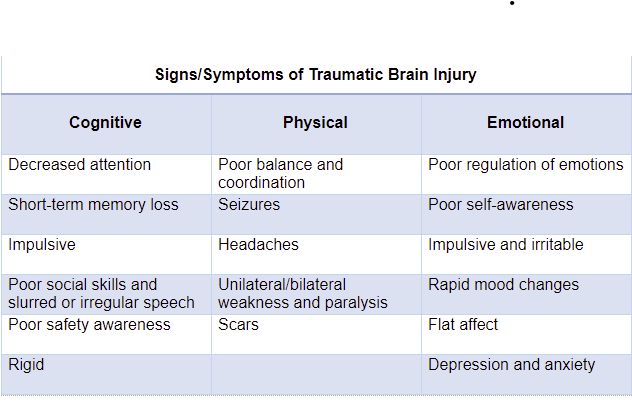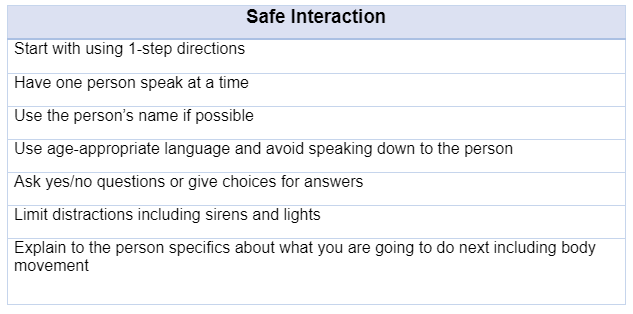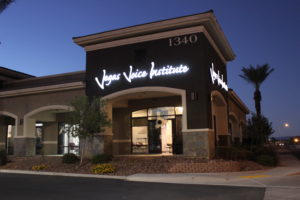By Kyle Traux, M.S.CCC-SLP, Speech-Language Pathologist Vegas Voice Institute
A common problem for people with aphasia and their caregivers is how to find opportunities to safely practice communication. In normal times, getting this would be relatively effortless: one would have the option of moving freely around one’s environment engaging others at will or joining social groups. For those less outgoing or not quite ready to strike up conversations with strangers or even place an order at a restaurant, there are groups one can join made up of individuals who share similar experiences with language loss and rehabilitation. But with so many of these avenues temporarily blocked because of
restrictions on social gathering, what can one do?
We at Vegas Voice Institute would like to help you find some options for increasing communication and language opportunities:
Chat on the phone or on-line– Communication with friends and family often allows for a less stressful and/or overwhelming experience as these tend to be people who are familiar with your difficulties with communication and can help support the conversation. Schedule recurring phone ‘dates’ with friends and family and use scripts or talking points to aid the conversation.
Practice with Apps- A variety of apps are tailor made for aphasia and offer a wide variety of skills to target. These apps are designed with the person with aphasia in mind and are thus user friendly. Check-in with your Speech-Language Pathologist (SLP) for advice on selecting apps to supplement speech therapy.
Join virtual groups- A few aphasia groups have moved online due to social restrictions. While it may not be the ideal way to satisfy our social needs, it may just be the best option we have for now. Check out Aphasia Recovery Connection on Facebook.
Write, Read and Listen- Pick up a pen and write a letter, keep a journal or practice writing something from memory, such as the Pledge of Allegiance. Try listening: Tune in to an audio book or browse the seemingly infinite library of podcasts. Dust off a favorite book: If your favorite author now appears too complex, pick up a magazine or even a book targeted toward younger readers. You may find support in aphasia friendly material. Check out this news site: http://talkpathnews.aphasia.com/
Ask your SLP for some home practice- If motivation is a problem, request that your SLP give you some home practice. Your SLP will be able to provide tasks that are specific to your area(s) of need.
Though current conditions prevent us from seizing the most optimal rehabilitative opportunities, we don’t have to remain silent. Be creative and take opportunities like welcoming a new neighbor from a safe distance, ordering at the drive thru window or asking the stocker at the grocery store when they expect more toilet paper. Your recovery is not yours to face alone, but it will likely require some initiative. So try something new.
If you or your loved one doesn’t currently have a Speech Language Pathologist to work with, contact us at Vegas Voice Institute and we can guide you through the steps needed to get the support that you need to begin or resume your rehabilitation.











